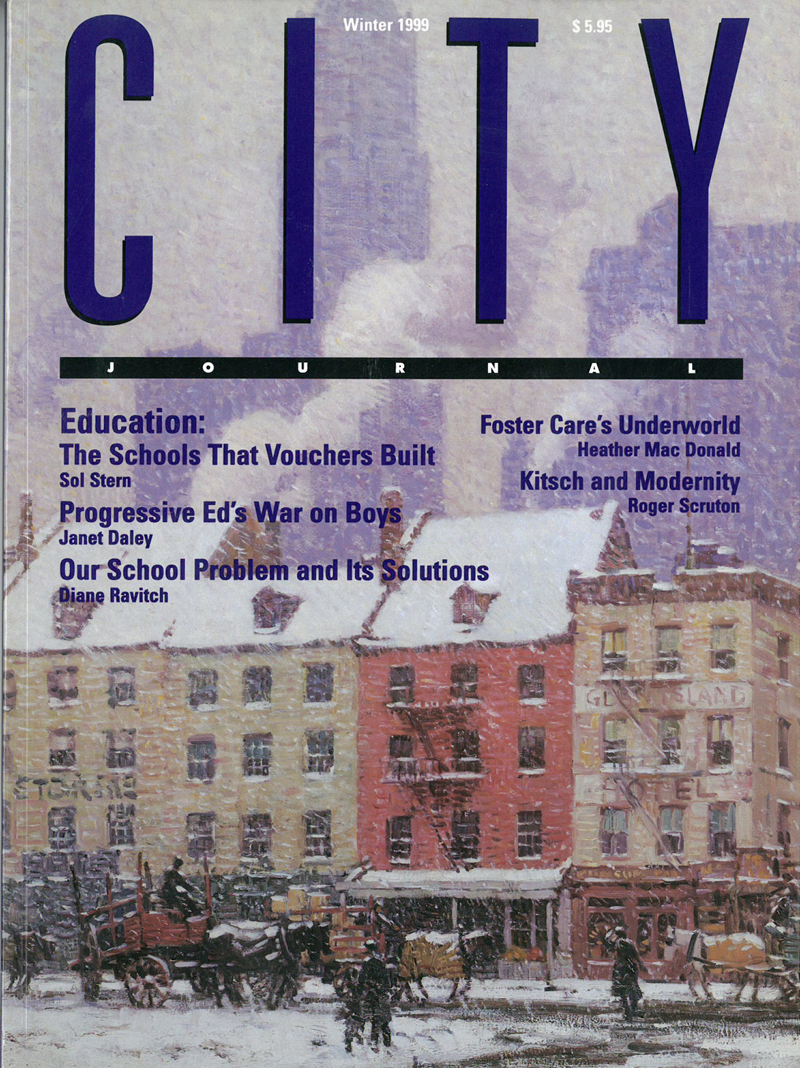It's hard not to feel a little schadenfreude over the travails of New York City's District Council 37, the nation's most famous civil service union, representing 100,000 city workers. Insurgent members charged the union with ballot fraud—correctly, it turns out—in a 1996 vote that produced a lopsided victory for an unpopular five-year contract with the city that promised a two-year wage freeze, followed by raises adding up to 11 percent. After District Attorney Henry Morgenthau's office, investigating the union, uncovered a "vast pig-sty of corruption, self-dealing, lavish party going, and vote rigging," the union's parent, the American Federation of State, County, and Municipal Employees, placed it under trusteeship. The whole affair is a big, and ugly, mess.
Union reformers argue that the rigged vote hurt DC 37's members, and that the city has a moral obligation to compensate the union. But neither part of the argument holds water. The contract did give the city five years of labor peace, letting the mayor get on with other things, but had Giuliani, a pugnacious negotiator, really gone to the mat with DC 37, the union might have gotten the worst of it. Union defenders also act as if DC 37's members are ruthlessly exploited sweatshop workers, but who oppresses them? Enjoying fat salaries, ever-inflating pensions, and a thick bundle of other benefits, Gotham's municipal workers are the pampered lords of the city. And the notion that the city owes the unions anything in this debacle implies City Hall was party to the fraud, a scurrilous lie.
In fact, the true injustice is the enormous power unions wield in the city. Labor costs make up half of Gotham's crushing $33 billion budget and threaten the city's future prosperity, since they necessitate business-killing levels of taxation. If Gotham is going to compete economically in the twenty-first century, those inflated costs have to come down by an order of magnitude.
Mayor Giuliani recently signaled that he grasps how heavily the unions' weigh on New York City's budget and economy. In the wake of the DC 37 scandal, he has vigorously resisted calls to reopen contract talks or to reimburse the union. And at a recent talk at a Washington, D.C. urban conference, the mayor raised the prospect of "a revolution" in city contracts during the rest of his term. "We're going to require a lot more productivity from the workforce in order to justify raises," the mayor warned.
Let's hope the mayor succeeds. If he does, New York City will have delivered a powerful message: unions aren't free to do as they please at the expense of the common good.




